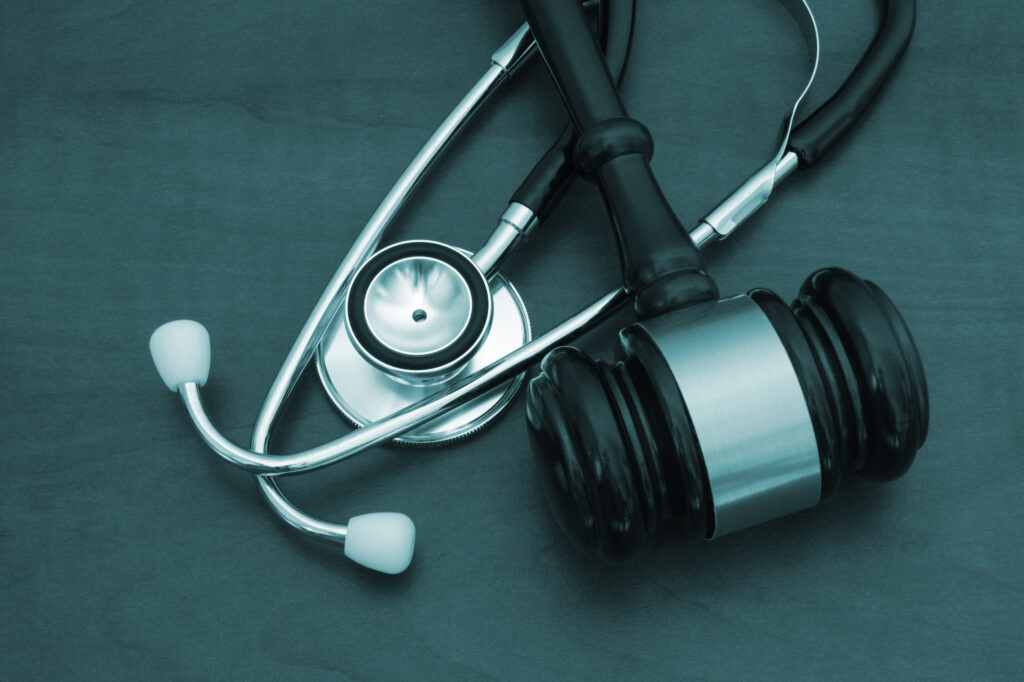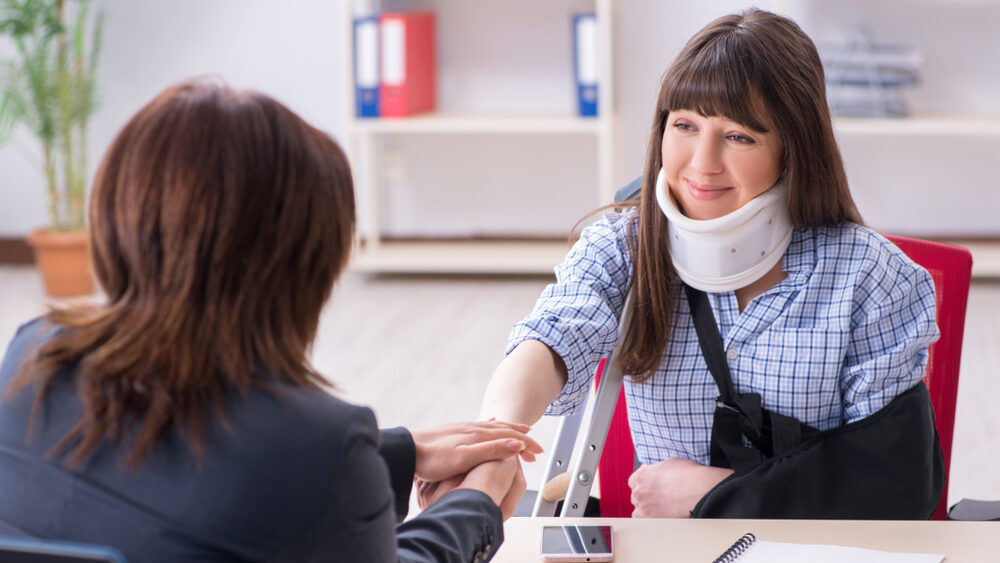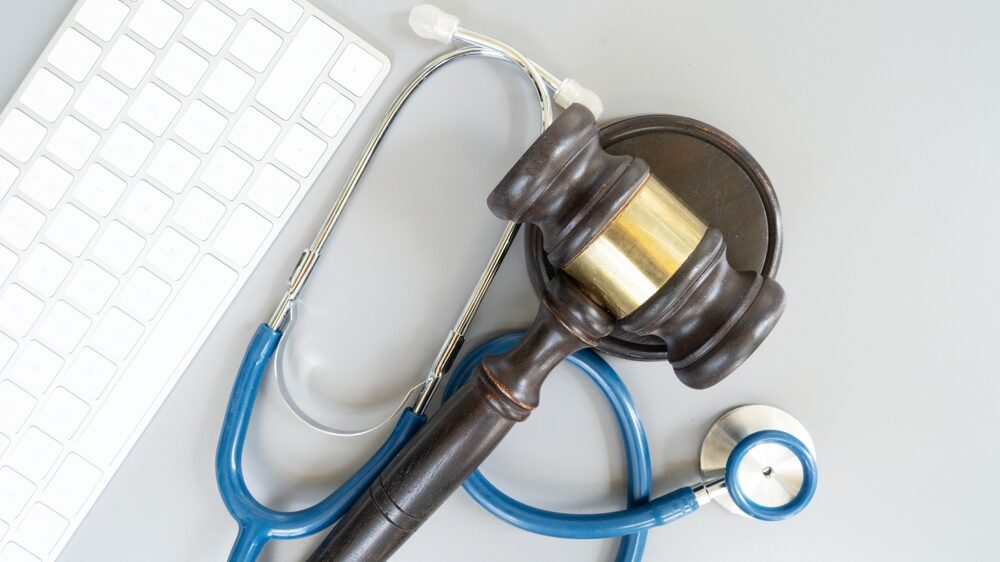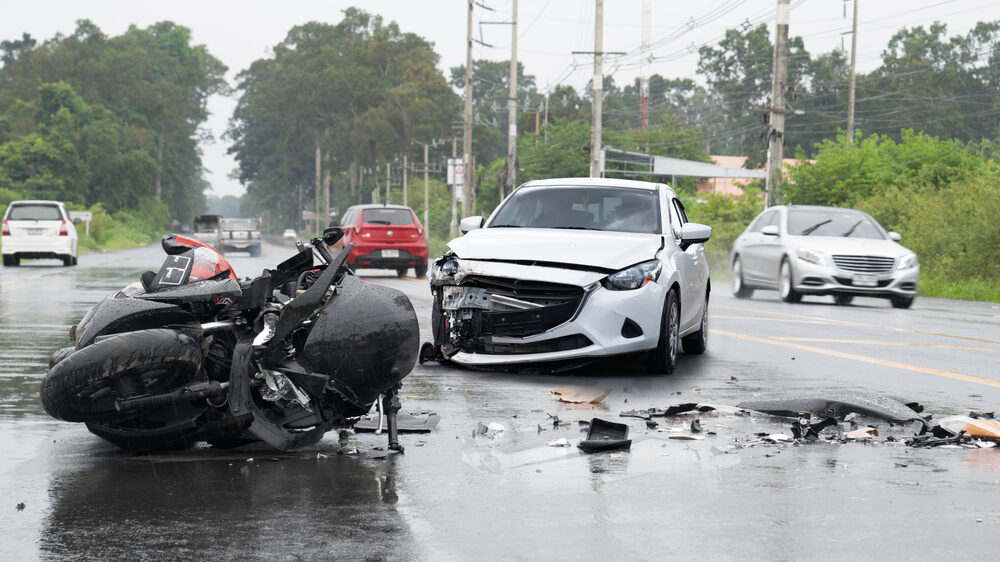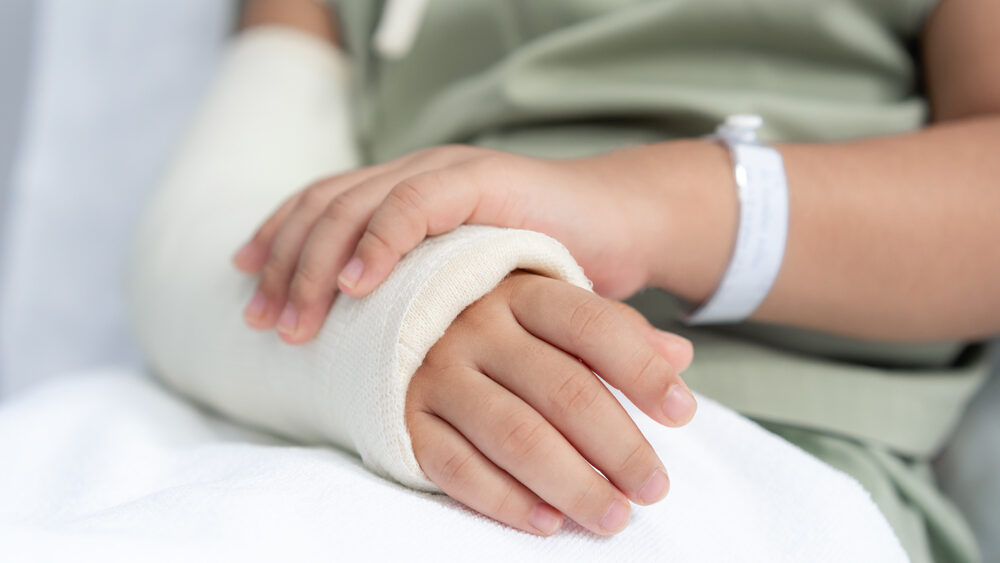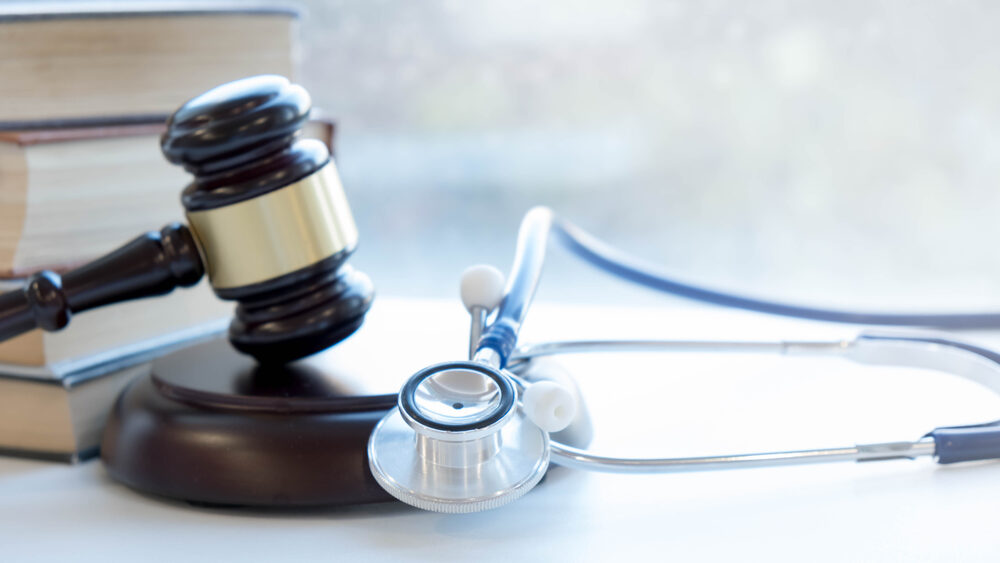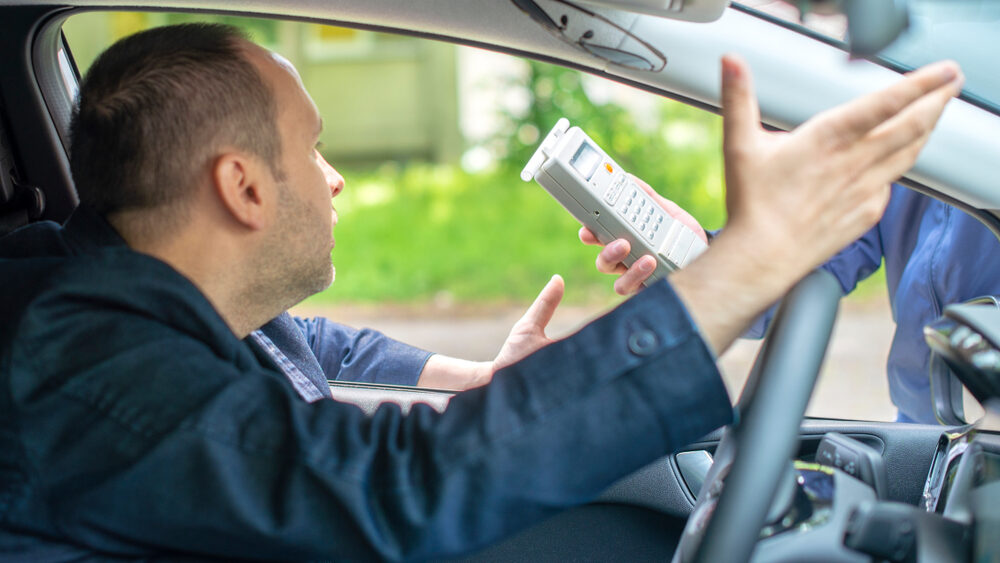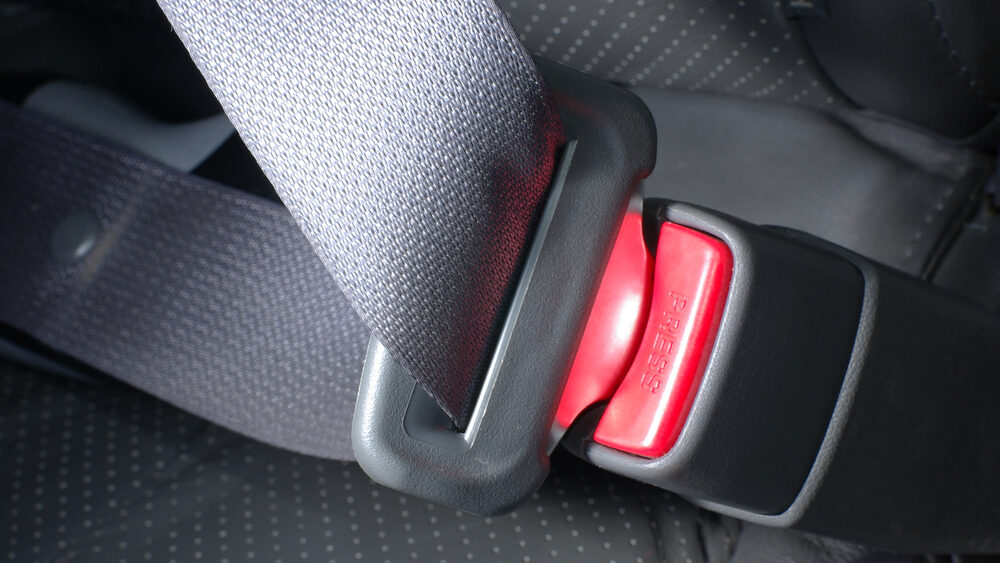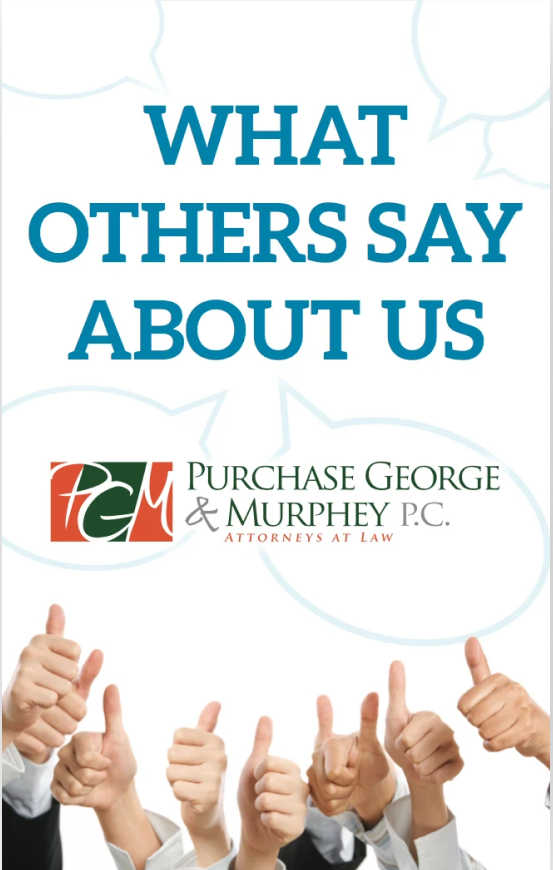Slip & Fall Lawyers in Erie, Pennsylvania
Experienced Personal Injury Attorneys Help Slip and Fall Accident Victims Get Financial Compensation
Slip and fall cases (technically called premises liability cases) arise from injuries caused by dangerous conditions on another’s property. Often, the injury literally results from a slip or trip and fall. Injuries can also result from other circumstances, such as when a staircase collapses. Slip and falls are the leading cause of hospitalization among adults. These accidents can result in serious injuries, including fractured bones, joint dislocations, brain damage, paralysis, and even death.
Call an Erie Premises Liability Lawyer After a Slip and Fall Accident
It’s not always someone else’s fault when an accident happens. However, some accidents are easily preventable if dangerous conditions are identified and repaired in a timely way.
Examples of Slip & Fall Causes in Erie, PA
A slip and fall liability case can take many forms. The most common types of slip & fall cases involve:
- Wet floors
- Floors with too much wax
- Lack of hazard warnings
- Icy sidewalks and walkways
- Damaged pavement
- Weak stairs or railings
- Inadequate lighting
- Torn carpet and misplaced floor mats
- Debris on floors and stairs
Legal Issues in PA Premises Liability Cases
Like most injury-related litigation, the law pertaining to slip and fall injuries is more complicated than it may seem. While property owners (or those in control of the property) have a general duty to make their property safe for visitors, they are not responsible merely because someone was injured on the property.
Rather, a landowner’s responsibility depends upon whether the person in control of the property was negligent. Negligence in the premises liability context has the same general meaning as it does in other contexts, such as car accidents. Generally, it means carelessness. However, the legal rules that guide a determination of property owner negligence (or legal carelessness) are specific, unique, and somewhat arbitrary in the premises liability arena.
A property owner’s liability for injuries occurring on their property may be determined by:
- the status of the injured person
- the status of the person in control of the property
- the nature of the dangerous condition
It is advisable to seek the assistance of experienced Pennsylvania slip & fall liability lawyers right away because property conditions may change quickly. Evidence should be secured as soon as possible in order to recover the damages that the law allows after a slip and fall.
Get Started Today – Call Our Erie, Pennsylvania Slip and Fall Accident Attorneys
The Erie premises liability lawyers at Purchase, George & Murphey, P.C. have experience with cases in which people have been seriously injured as a result of a dangerous property condition. Our primary goal and objective is to make sure that our clients and their families receive the compensation and resources they need to treat and manage their injuries and to compensate them for their losses. If you or someone you love has been seriously injured because of a dangerous condition on someone else’s property in Pennsylvania, call 814-273-2010 or complete our online form to schedule your free and confidential consultation
Frequently Asked Questions About Slip and Fall Accident Claims in Erie, PA
Slip and fall accidents can happen anywhere—especially in the winter months, where snow and ice in Erie can turn a relatively safe surface into a hazard. Although slip and falls are common, proving that a property owner owes you compensation for the resulting injuries can be complex.
At Purchase, George & Murphey, P.C., our top-rated injury lawyers pride ourselves on effectively advocating for victims of slip and fall accidents throughout Western Pennsylvania. Below are some answers to frequently asked questions that can help you begin evaluating your options. To discuss your case in detail with one of our lawyers, you can call or contact our team online.
What qualifies as a dangerous condition on property that can give me the right to compensation for my slip and fall accident?
While dangerous conditions can be either relatively permanent (absent repair) or temporary, they must also generally be unreasonably dangerous. For example, if snow is not immediately removed from a sidewalk, you may slip and fall—but the property owner will only be responsible if a reasonable person would have taken precautions, such as putting out salt to reduce the risk of slipping. Another example is a grocery store spill—if a reasonable amount of time had passed so that the store should have been aware, and the store failed to warn or clean up the spill, the store may be responsible.
What is negligence and why is it important to proving liability in a slip and fall accident case?
Negligence is a legal term that basically signifies carelessness. In the context of slip and fall accidents, it is important to show that the property owner was negligent in keeping the property safe.
What are the basic elements that must be shown to recover compensation in a slip and fall accident case:
Our lawyers will work to establish:
– A hazard or dangerous condition existed on the property,
– The property owner either knew about the danger or reasonably should have known about the danger,
– The property owner failed to warn you of the danger, whether by putting up warning signs or otherwise,
– The property owner had sufficient time to either fix the hazard or place sufficient warnings,
– You suffered an injury in a slip and fall accident caused by the hazard.
Why is it especially important to document the dangerous condition in a slip and fall accident case?
In many slip and fall accident cases, the property owner will take steps to correct the problem immediately upon learning that someone was injured. Having photos or video of the danger can provide evidence that the danger did, in fact, exist. Eyewitness testimony can also be useful in establishing the existence and extent of the danger.
The insurance company is asking a lot of questions about my slip and fall accident. Why? Should I answer them?
It is important to speak with a lawyer experienced in handling slip and fall accident cases before answering the insurance company’s questions. If the insurance company is asking questions, they may be looking for a way to avoid paying fair compensation. Issues the insurance company is likely interested in include:
– Whether you had any type of preexisting injury (which can help them claim that the slip and fall did not actually cause your injury),
– How serious your injuries are,
– What you were doing before the accident (potentially to show that you may be partially responsible),
– Whether there were any warning signs in the area,
– Why you were on the property in the first place.
While an insurance company is not technically a “defendant” by any means, adjusters are looking for ways to “defend” against financial liability. Speaking with a qualified injury lawyer can help you avoid giving them ammunition that could reduce the value of your claim.
Might I have the right to financial compensation if I slipped and fell on snow and ice outside a business?
Yes, in some cases. Although snow and ice are natural occurrences, especially here in Western Pennsylvania, property owners have a duty to keep their property reasonably safe even in the face of winter weather. However, the property owner does not have the duty to keep all surfaces absolutely clear of snow and ice at all times. Think about a scenario where snow continues to fall for an extended period of time—the business owner cannot reasonably be expected to keep surfaces 100% clear. When it comes to snow and ice, details are particularly important to determining whether it was reasonable to allow the accumulation. Call our lawyers to tell us what happened in your specific case.
What is my slip and fall accident case worth?
The answer to this depends upon how severe your injuries were. Slip and fall accidents can result in surprisingly severe injuries. Once liability is established, you could be entitled to compensation for:
– All medical expenses, including the cost of future care,
– Lost earnings,
– Lost future earning capacity,
– Pain and suffering,
– Emotional distress,
– Diminished quality of life,
– And more, depending upon the facts of your case.
What if there was a warning and I slipped and fell over a hazard on someone else’s property anyway?
A warning sign can be a defense to a property owner’s liability for slip and fall accidents. However, the warning sign must also be adequate to warn a reasonable person of the danger. If the warning sign was small or placed so that it was difficult to see, the warning may be inadequate and you may still be entitled to compensation.
Are property owners subject to different standards in slip and fall accident cases? Why?
Business owners who invite customers onto their property for profit are subject to a higher standard of care than private property owners who invite people as guests. Business owners not only have a duty to warn of reasonably known dangers, but also have a duty to conduct reasonable inspections to locate dangers. Private property owners generally only have a duty to warn about dangers that they reasonably know about. The difference in standard is based upon the fact that a business owner will profit from your presence on their property.
Does it matter whether I spent any money at the business where I slipped and fell?
No. The mere profit motive is enough to subject a business property owner to a higher standard of care.

